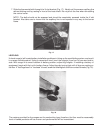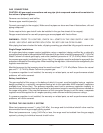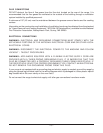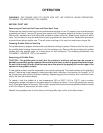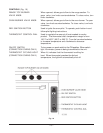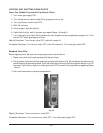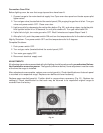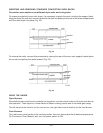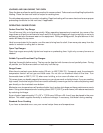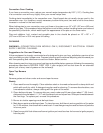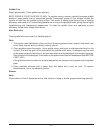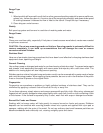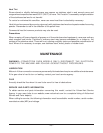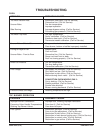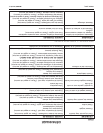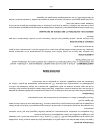
– 19 –
LOADING AND UNLOADING THE OVEN
Open the door and load as quickly as practical to conserve heat. Take care to avoid spilling liquids while
loading. Close the door and refer to recipe for cooking time.
Provide adequate space for product unloading. Rapid unloading will conserve heat and ensure proper
preheating conditions for the next load, if applicable.
OPERATING SUGGESTIONS
Center-Fired Hot Top Range
Turn all burners fully on to heat top quickly. When operating temperature is reached, turn some of the
rings down or off and you will save as much as 80% of the gas. Keeping all rings turned fully on not only
wastes gas but also increases wear on the equipment. During an idling period, the pilot burners in the
center will keep the top warm.
Heat is concentrated in the center, use this area to bring food to a boil, then move pots away from the
center to maintain a rolling boil or simmer.
Open-Top Ranges
Open-top ranges are quickly lighted and require no preheating time. Light only as many burners as
needed.
Griddle Top and Even-Heat Top Ranges
Heat top thoroughly before using. The top can be kept hot with burners turned partially down. During
off periods, turn the burners down or heat only half the top.
Range Ovens
Allow time to preheat ovens before using (25 min. to 400°F [204°C]). If properly used, the automatic
temperature control will cut gas and food costs. Do not turn on maximum heat all the time. Turn
thermostat down to 250°F (121°C) when oven is idling, or turn oven off when not in use.
This oven gives you double capacity because you can do pan work on both shelves. If you are cooking
high roasts, the entire height of the oven can be utilized by removing a shelf or racks and placing roast
pan directly on the insulated oven bottom.
Moderate oven temperatures will produce better food, reduce shrinkage and keep maintenance costs
down. Using a low temperature for roasting (about 325°F [162°C] or even lower) will reduce meat costs
by reducing shrinkage.
A pan of water (approximately 12" x 20" x 1" [305 mm x 508 mm x 25.4 mm]) may be placed in the oven
bottom. This water supplies humidity to reduce shrinkage. If necessary, add water during roasting.
Standard Oven Cooking
If you have a standard oven, use your normal recipe times and temperatures.



